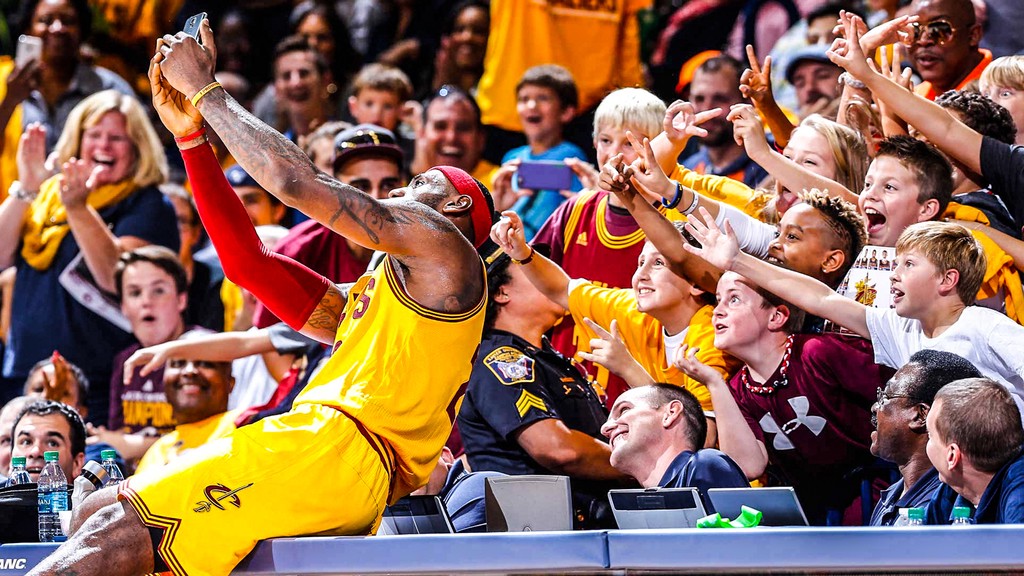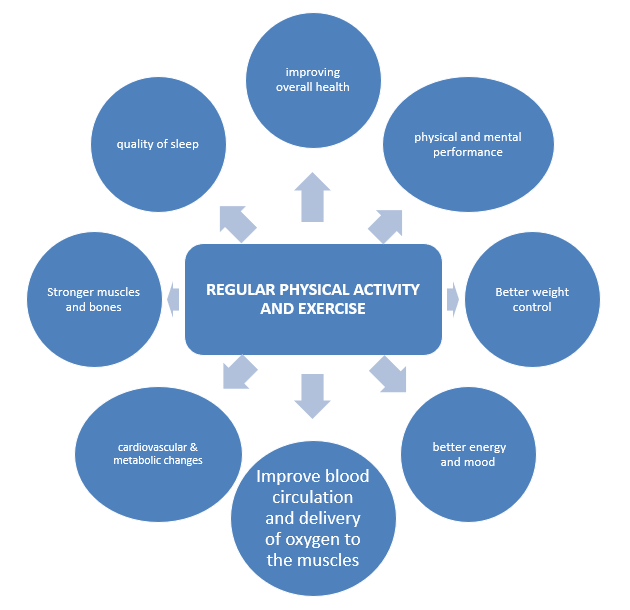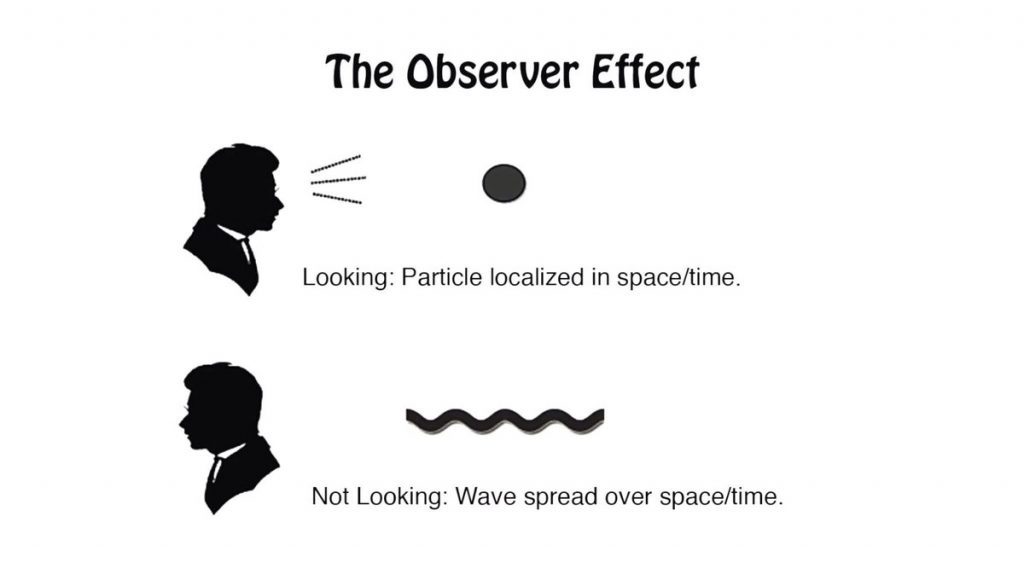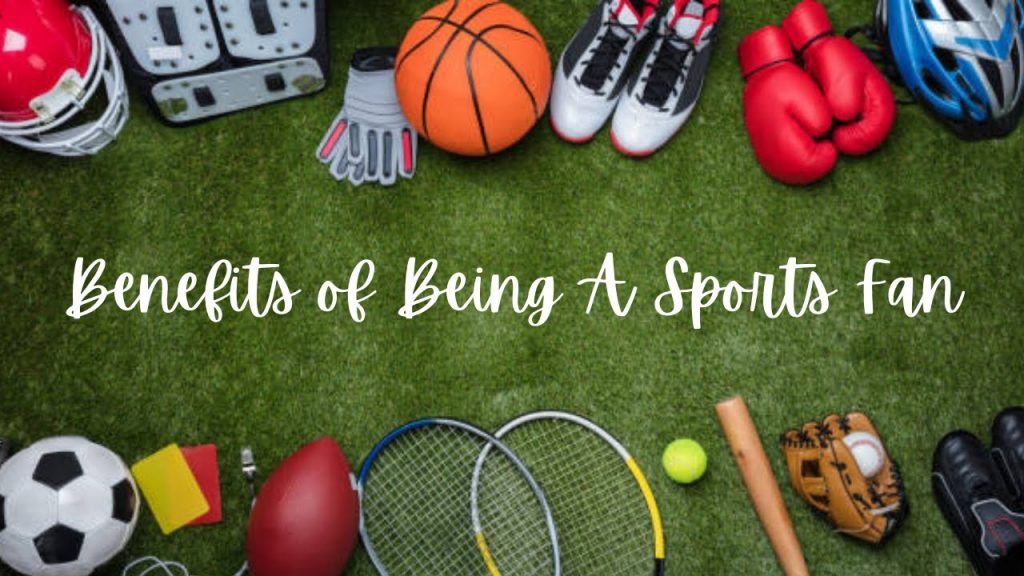What’s the real relationship between sports and spectators?

Sports

Sports, in some form or other, have been around for thousands of years. People participate in sports for varying reasons but there are a few benefits that are commonplace in all athletes that participate in sports. These benefits, whether specifically sought after or not, assist athletes in several areas of their lives. And, believe it or not, spectators help the athletes receive these benefits while also reaping some of the same rewards for themselves. The connection between athletes and spectators runs deeper than just exercise for one and entertainment for the other. This relationship is, in fact, an outlet for maintaining health and happiness in both.
Athlete’s Benefits

Sports are important to both, the mental and physical aspect of an athlete. Studies have shown the following to be some of the main advantages of the participants in sports:
- Better Sleep – studies show moderate to vigorous exercise can increase sleep quality by reducing sleep onset – or the time it takes to fall asleep – therefore decreasing the amount of time lying awake in bed during the night. It also helps alleviate daytime sleepiness and, in some, the need for sleep medication.
- Improves Cardiovascular – the heart is a muscle and like a muscle, it needs a regular workout to help keep it strong and functioning properly. A strong heart improves overall body health by efficiently pumping blood to needed organs and this healthy flow reduces the risk of cardiovascular disease, stroke, and diabetes.
- Improves Lung Function – a regular regiment of sports and exercise causes more oxygen to be brought into the body which means breathing in deeper and drawing more air into the bottom of the lungs while expelling unwanted carbon monoxide and waste gases. This process helps the body by, not only bringing more oxygen into the cells but also helping cleanse the system from the inside.
- Reduces Stress – when physically active the mind tends to take a break from all its worries and frustrations. Physical exercise reduces our body’s stress hormones and increases our body’s endorphins which helps us feel more energized and hopeful. Seratonin, a natural by-product that promotes a sense of happiness and well-being, is affected by the amount of oxygen in the bloodstream which increases with exercise.
- Increases Confidence – by setting goals and achieving them through sports or exercise, self-confidence and self-esteem can be built. This self-confidence from achieving personal goals or team sports goals helps in other aspects of life such as personal appearance, social networking, new endeavors, business opportunities, and overall personal fulfillment.
Spectator’s Effect

It is a joy and a revelation to discover the power of what quantum physicists call the “observer effect” – the fact that any observation, however passive, alters the outcome of what’s being observed. This was proved recently by the pandemic when spectators were no longer allowed to observe from the sidelines. The effect on sports and the individual athletes was seen to be lacking in enthusiasm and passion that is present when spectators are factored in. The pandemic has confirmed the roar of a crowd is as vital to sports as a ball or net. A crowd’s enthusiasm can help spur a comeback from defeat and its scorn can enable one.
Spectator Benefits

Though athletes by far get the greatest benefit from sports, spectators also receive benefits that, sometimes they don’t even know they are receiving. Even though there are some perceived negatives associated with sports viewing, all the hoopla and drama can be part of the fun. Delving into the psychology of sports fans reveals some worthwhile benefits acquired from their watching sports.
- Dopamine – it doesn’t matter what people do as long as it’s something enjoyable that causes the release of dopamine in the brain. Dopamine is a natural chemical that enhances a person’s mood which is always a benefit.
- Smarter – according to research, following a sporting event requires mental focus which is an exercise for the brain. It’s specifically shown to enhance information comprehension and organizational skills in the observer.
- Depression – while dopamine helps ward off depression, attending sporting events with family or friends helps foster the bond between people which, in turn, fosters a sense of well-being. Socializing, in general, reduces depression symptoms such as isolation and loneliness.
- Community – people at a game experience positive social interaction with other people cheering on the same team or same sport. They come together over their shared passion and develop a sense of community, belonging, and even pride.
- Health – yelling at a sporting event actually helps the lungs increase the air intake which causes deeper intakes and more release of carbon monoxide and other toxins. It also excites the heart which pumps more blood that mixes with the increased amount of oxygen which is then carried to all the cells and organs in the body thus helping the body cleanse from the inside.
Overall Benefits

Whether an athlete or spectator, there’s nothing like the pre-apprehension of anticipation for the game, the welling up of emotion to hear the national anthem, the adrenaline rush of the rival competition, and the ending exuberant satisfaction of a job well done. All the physical activities of the athletes and the emotional stimulation of the spectators create an energetic bond surrounding a given experience both participate in and benefit from. The physical and emotional energy that makes up this bond is what creates the fascination of being part of a sporting event and encourages both to do their part.







